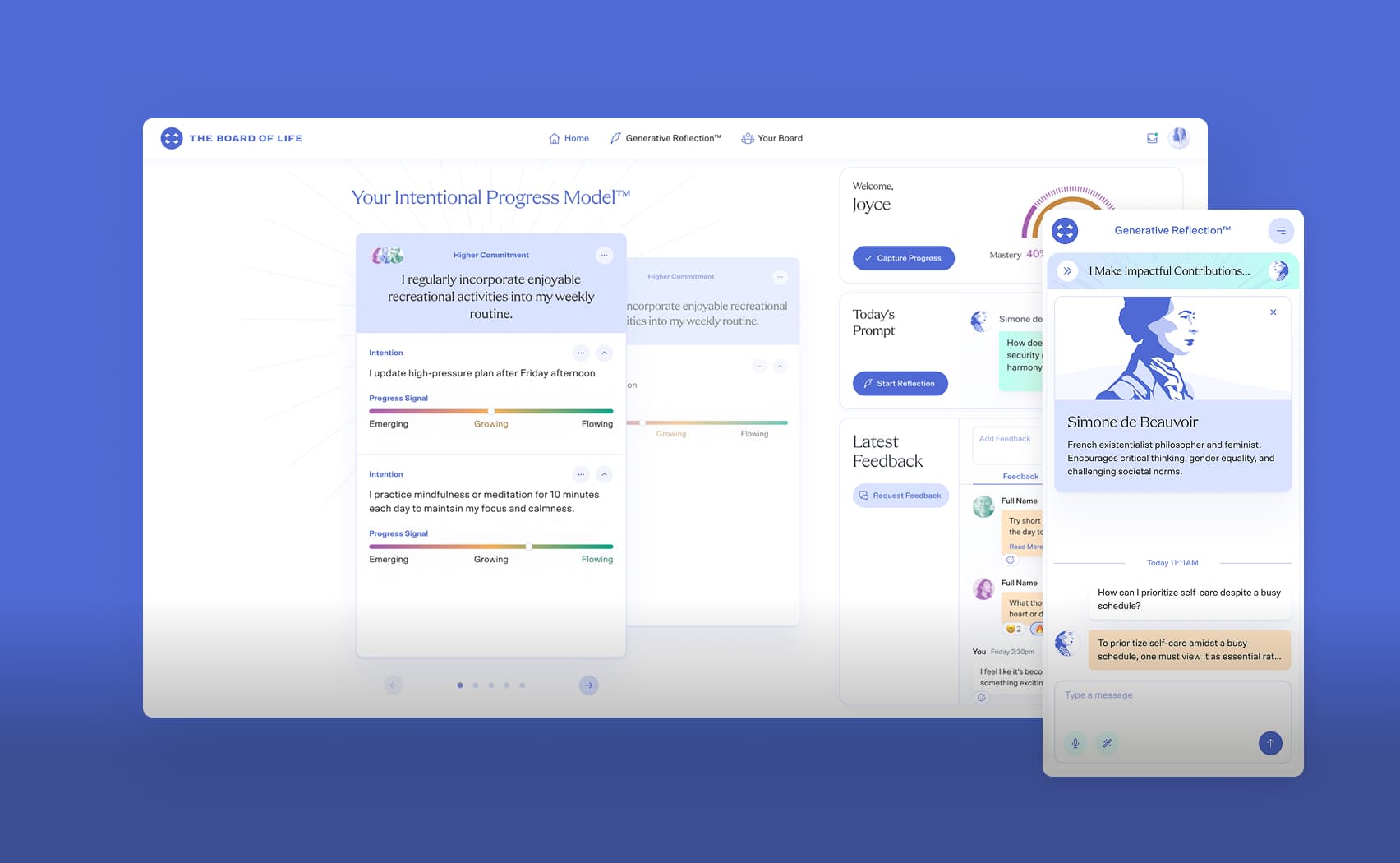Why Leadership Is Emotional Labor
Leadership is a multifaceted skill. Depending on their context, a leader may have to perform administrative tasks, social activities, and even technical operations. Good leaders perform many different kinds of labor.
Although leadership is first and foremost a social role, it has often been forgotten that much of it entails emotional labor. Leaders are ultimately responsible for their organization's health, which requires cultivating practical attitudes in themselves and others.
Over the long term, the cost of emotional labor can add up. Managers experience burnout, fatigue, and depression from working themselves too hard. But there are several strategies that you can employ to prevent this from occurring.
What Is Emotional Labor?
Emotional labor is the act of managing your emotions to carry out your work role. It was first invented by the sociologist Arlie Russel Hothschild in 1983.
All jobs require emotional labor of some sort, since human beings are emotional creatures. But different roles demand different emotional requirements.
An accountant primarily focuses on numbers and paperwork but may occasionally do some emotional work to handle stress or conflicts with coworkers or clients. A teacher, on the other hand, will constantly be engaged in emotional labor, to understand and empathize with students.
Some jobs that require a high degree of emotional labor include:
- Nurses
- Teachers
- Child-care workers
- Therapists
- Social workers
- Flight attendants
- Foodservice workers
You might notice that many of these roles have historically been given to women. So-called “women’s work” has often required a high degree of emotional labor, and has also been unpaid or underpaid. This is probably one reason why the emotional labor aspect of leadership has often been ignored.
Emotional labor can occur at either a “deep” or “surface” level. Surface acting implies only contributing the appearance of the emotion you wish to invoke. Deep acting also means changing how you feel underneath. Both drain your emotional batteries, but surface acting may be more damaging.
The Emotional Cost Of Being A Leader
Leadership is the art of managing people. It makes sense that it would require a high degree of empathy and emotional intelligence.
One thing that good leaders do is project confidence, even when the way forward looks complicated or unclear. Managers need to inspire confidence in their team, whatever the situation may be. This is similar to service workers behind desks and cash registers having to fake a smile in order to create and maintain a positive atmosphere.
Leadership is also about diplomacy and avoiding conflicts. Some amount of friction in the workplace is unavoidable. Sparks will fly, and managers have the task of making sure that they do not turn into fires.
The position of a leader, especially at the top of a hierarchy, can create a surprising amount of loneliness. Although you can confide in your team to some extent, there is much that leaders experience only as singular entities in their organization. It’s no accident that the Presidency of the United States is sometimes called “the loneliest job in the world.”
These emotional burdens can result in enormous personal costs. Many leaders experience compassion fatigue or burnout as a result of over-empathizing without results.
How To Lead Without Emotional Overstretch
In a recent HBR article, authors Alicia Grandey and Dina Denham Smith discuss several strategies that leaders can pursue to carry out their roles effectively while minimizing the emotional cost.
Some of the strategies they recommend include:
- Recognizing emotional labor as labor
- Promoting self-compassion from the top down
- Providing training on handling others’ emotions
- Offering peer support groups
Recognizing emotional labor is a good first step, since it so often goes unnoticed. Failing to recognize that you are stressed can only make the problem worse.
Promoting self-compassion from the top down means cultivating a workplace atmosphere where people feel comfortable practicing self-compassion. People may resist feeling compassion for themselves because they see it as at odds with a success-driven mindset, but this couldn’t be further from the truth. Research suggests that leaders who are compassionate towards themselves are better equipped to be compassionate towards others and help them further their own work.
Providing training on handling others’ emotions makes leaders better equipped to do their jobs. Like any other form of labor, emotional labor is a skill that can be learned. And anyone can get better at it. Company or department-wide trainings can also be effective at improving the way that whole teams perform emotional labor.
Offering peer support groups can help provide camaraderie and support to otherwise isolated leaders. This can mean groups of managers within an organization, or even peer support groups for leaders of different companies.
Conclusion: Three Ways To Simplify Emotional Labor
In addition to the previous ideas, I also add a few actionable steps you can take:
Setting boundaries helps to maintain mental health by staying within safe limits. Leaders may feel they must take on extra work or cancel a vacation to make their team successful. But this can lead to overworking and burnout. A safer strategy would be to set limits on your own productivity, so that you can maintain well-being and continue to lead effectively.
Long-term thinking shifts attention away from small day-to-day problems and on to bigger-picture solutions. Our natural emotional hardware is wired to run automatically, making it all to easy to get lost in a spiral of negative thoughts at a moment's notice. Thinking long term reminds us that these states are temporary.
Taking time off allows the body and mind to relax and recharge. Rest is necessary for recovery after all kinds of wear and tear, whether that be physical or emotional.
In my work as CEO of JetRockets, it is important to set boundaries, think long term, and take time off. This lets me make the most of my time at work, and to perform the emotional labor needed to maintain company morale.



